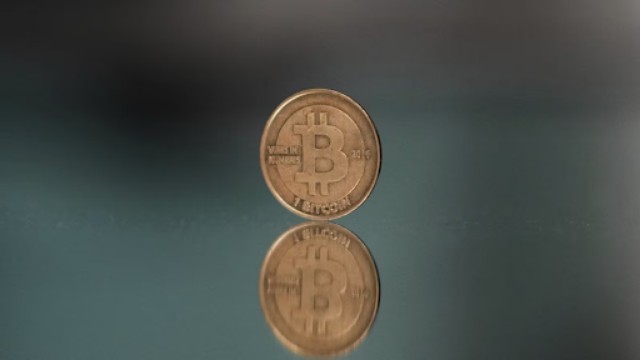
Image credit: Reuters
Robinhood has officially launched its long-anticipated desktop platform, along with new futures and index options trading features on its mobile app. This marks a significant step for the 11-year-old fintech company as it looks to expand beyond its early reputation of serving casual investors. The firm, which became popular in 2021, now seeks to establish itself as a comprehensive financial services provider, competing directly with established brokerages.
The newly introduced desktop platform, called “Robinhood Legend,” is specifically aimed at active traders. It offers more advanced trading tools, including real-time data and customizable layouts, giving traders a more in-depth and flexible experience. “We’ve matured alongside our customers and have heard loud and clear that they want access to more advanced products and more active trading tools,” said Chief Brokerage Officer Steve Quirk, emphasizing the company’s goal of becoming a primary financial service provider for its users.
Alongside the desktop platform, Robinhood’s mobile app has added futures trading options on assets like the S&P 500 index, oil, and even Bitcoin. Additionally, the app now supports trading in index options, offering a broader range of investment choices for users. These features are available with no extra charges, allowing users to engage in more sophisticated trades on the go.
The U.S. brokerage industry has long been dominated by names like Vanguard, Fidelity, and Charles Schwab, but Robinhood disrupted this landscape in 2013 by introducing commission-free trading. With the launch of these new features, Robinhood is now aiming to cater to more experienced investors, traditionally served by larger banks and hedge funds. This move opens up new opportunities for retail investors who want to dive into futures and options trading, areas previously known for their complexity and high-margin requirements.
For Robinhood’s premium “Gold” members, the cost of trading futures has been set at just 50 cents per contract, while non-Gold users will be charged 75 cents per contract. In comparison, other major brokers like Charles Schwab charge $2.25 per contract, and Morgan Stanley’s E*TRADE charges $1.50 for futures and $2.50 for crypto futures. Robinhood’s pricing strategy for index options is similarly competitive, with 35 cents per contract for Gold members and 50 cents for non-Gold users, which is considerably lower than many of its competitors.
As of June 30, Robinhood reported 11.8 million monthly active users, with 1.98 million users subscribed to its premium Gold tier. The company’s entry into the futures trading space has been seen as a bold move, with some analysts suggesting it could generate caution among retail traders due to the fees. However, it could also create new growth opportunities for the firm as it continues to increase its market share.
Robinhood has been focused on expanding its margins and driving "profitable growth" in 2024. Having posted profits for three consecutive quarters, the company’s stock has gained more than 100% this year, demonstrating investor confidence in its long-term strategy.















